Hallo,
We are a company in charge of making content for the Croatian Natural history museum, a new permanent exhibition. The curators choose THIS video from Youtube, and we were wondering if there is a possibility to use it in the new permanent exhibition, what are the terms, ect.
The World Through the Eyes of Animals
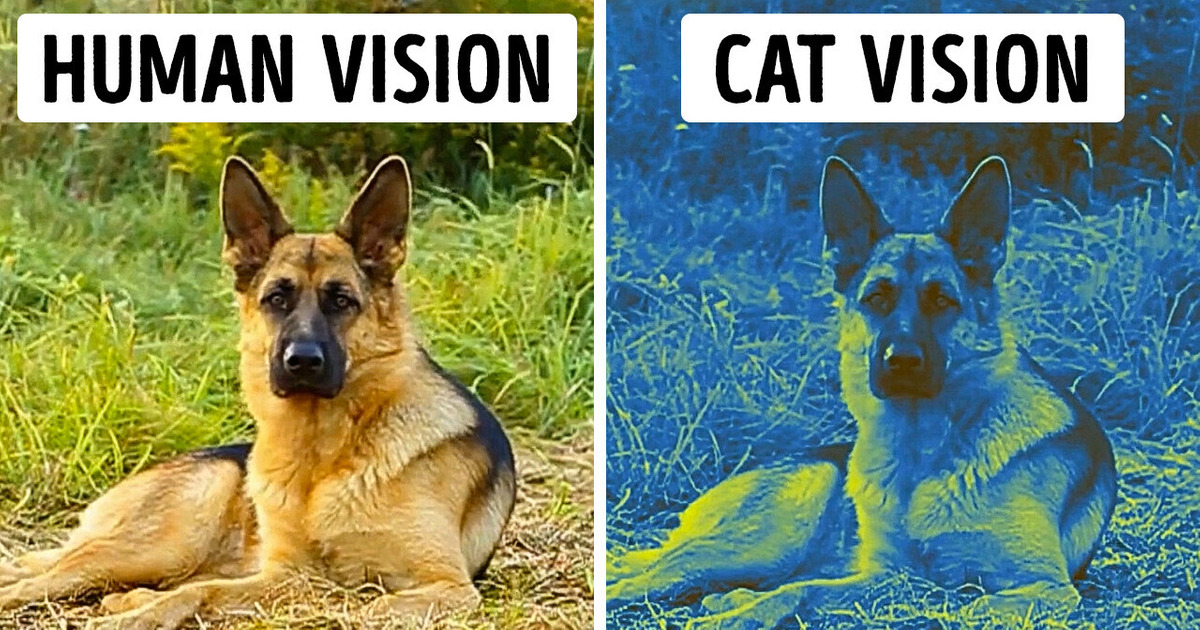
Did you know that animals see the world differently from us? Take this: pigeons actually have better vision than humans! Crazy, right? So, let’s try to see the world from the animals’ eyes!
Let’s start with snakes. Their way of seeing the world is totally different from ours. They have special infrared-sensitive receptors in their snouts. This allows them to see the radiated heat of warm-blooded mammals.
Now, let’s move on to cows. These big guys don’t see colors as well as humans do.
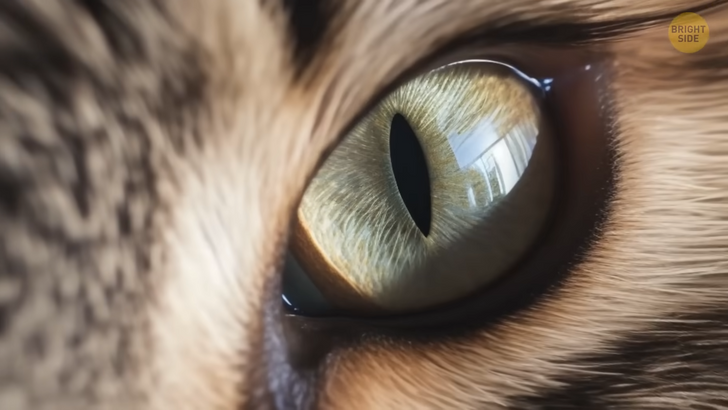
They can’t see the color red, because they don’t have the necessary receptors in their retinas for that. So they only perceive variations of blue and green. Also, they don’t like it when someone approaches them from behind. They have a near-panoramic vision, and the only area they can’t see is directly to the back. So, if you’re ever sneaking up on a cow, make sure you give them a heads-up!
Horses have a blind spot right in front of their faces because of their eye placement. This means they can’t see things directly in front of them. Also, they don’t see as many colors as we do. Just like cows’, their world is mostly made up of greens, yellows, and blues. Poor guys!
Fish eyes have ultraviolet receptors and a more spherical lens than humans. This gives them an almost 360-degree vision. As for colors, they’re able to see all the same ones as we humans do, but because light behaves differently underwater, they have a hard time discerning red and its shades. Deep sea fish can easily see in the dark, which is pretty cool. Sharks, on the other hand, can’t distinguish colors at all, but they see much clearer under the water than we do.
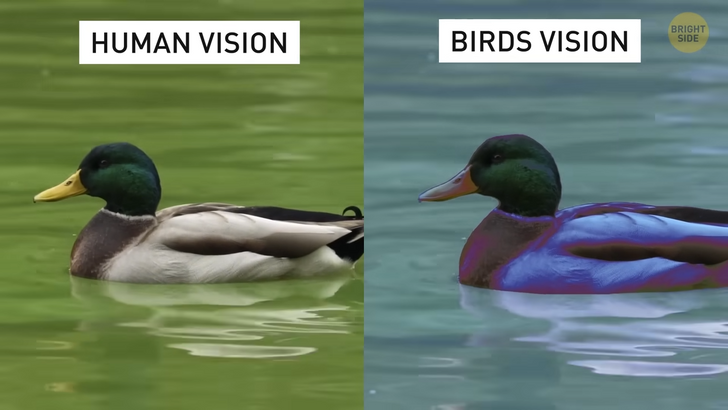
Birds have some pretty unique ways of seeing the world. Unlike humans, birds can see ultraviolet light. This helps them differentiate between males and females of their own species, as well as better navigate in their surroundings. Also, they are very good at focusing. For example falcons and eagles can focus on a small mouse in the field up to a distance of one mile.
A pigeon can see all the tiny details, so if you ever need to find a crack in the pavement, just ask a pigeon! And, by the way, it has a 340-degree field of vision, and generally their vision is considered twice as good as a human’s. There, you have it — I’m envious of a pigeon!
Insects have some weird vision patterns, too. Flies, for example, have thousands of little eye receptors that work together to give them a big picture of what’s going on around them. And get this, they see everything in slow-mo! Plus, they can see ultraviolet light — it helps them with communication.
Bees have their own problems. These guys can’t tell what the color red is! To them, it looks like a dark blue. How messed up is that? Now, rats. These little guys can’t see red either, but that’s not the weirdest part. Either of their eyes moves on its own, so they’re seeing double, like all the time. It’s a wonder they don’t run into more walls, am I right?
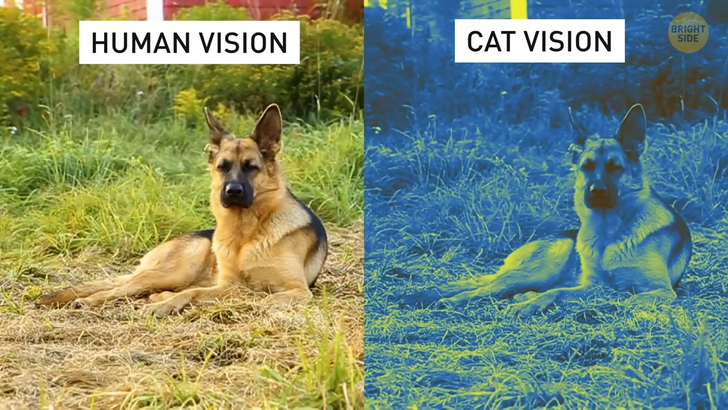
Cats don’t see shades of red or green, but they do see brown, yellow, and blue hues like a boss. Plus, they got a wide-angle view, so they can peep more stuff on the sides than we can. There’s more, though. When it’s pitch-black outside, cats become ninja-like and can see six times better than us. Their pupils adjust to any lighting like magic.
Now, let’s talk about dogs. These furry friends can’t see red or orange, but they do rock at blue and violet. Plus, they can differentiate 40 shades of gray! I mean, it’s not 50, but still impressive.
On a related note, frogs are really picky eaters. They won’t even bother with food that isn’t moving! They could be surrounded by a buffet of delicious bugs, but if they don’t wiggle, frogs won’t even bat an eye. And they’re not the most observant creatures either.
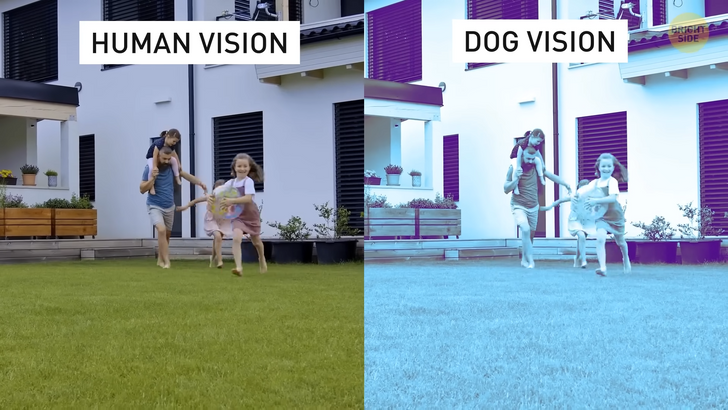
If something isn’t important to them, like a shadow, they won’t even bother looking at it. Chameleons have eyes that can move independently of each other, so they can see everything around them without even turning their heads!
They can even see two images at the same time — like a double feature movie, one in front and one behind. Pretty impressive, right? What would you do if you suddenly got 360-degree vision like a chameleon? Share in the comments!
Comments
Related Reads
My Husband Refused to Pay for My Daughter’s Tuition, So I Showed Him My True Face

12 Moments Where Empathy Showed the Power of a Kind Heart

I Funded My Wife’s Luxury Demands—She Made Me Regret Every Penny

My Dad Refused to Come to My Wedding, but I Still Asked for the Gift

A Stranger Humiliated My Daughter at Disney World—He Picked the Wrong Mom to Mess With

I Refuse to Adopt My Dying SIL’s Baby—Her Last Words Left Me Frozen

I Refused to Let Anyone Steal What My Dad Left Me, and My Mom Made It Worse

12 Real-Life Betrayals That Sound Like Movie Plots

My Brother Has No Kids but Refuses to Share His Inheritance With Mine—I’m Furious

I Refuse to Keep Paying for Everyone Just Because I’m Making More Money

I Refuse to Help My Coworker Who Treats My Kindness Like an Obligation

My Parents Refused to Support Me Through Med School—Then I Discovered Their Sad Secret
